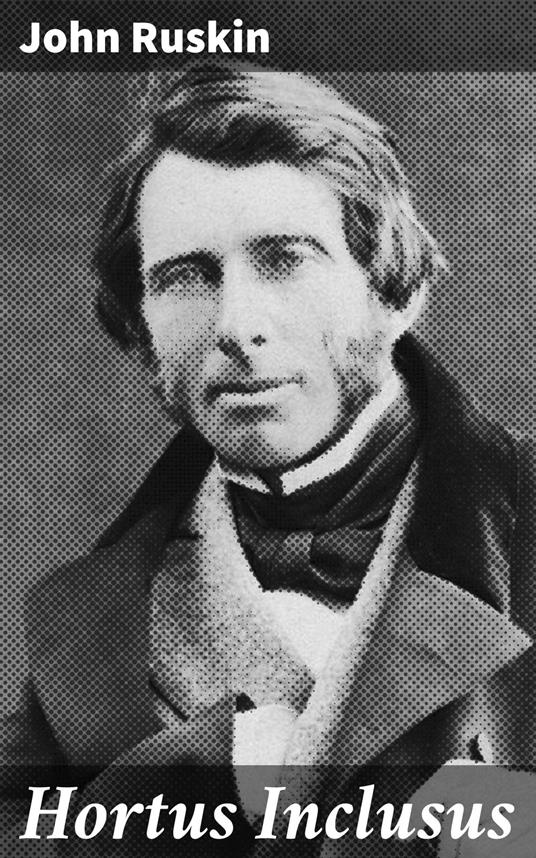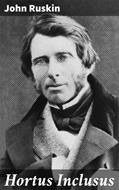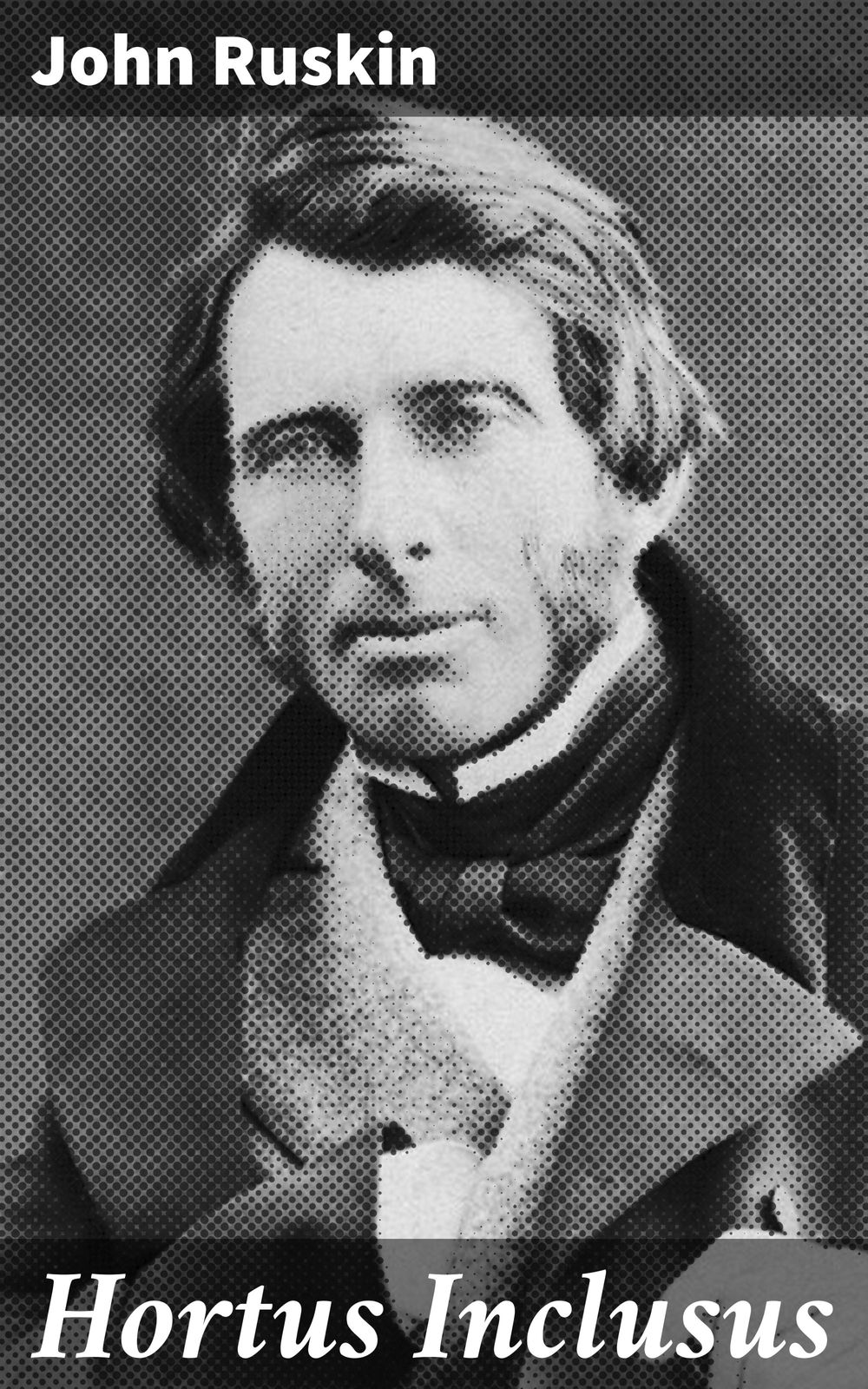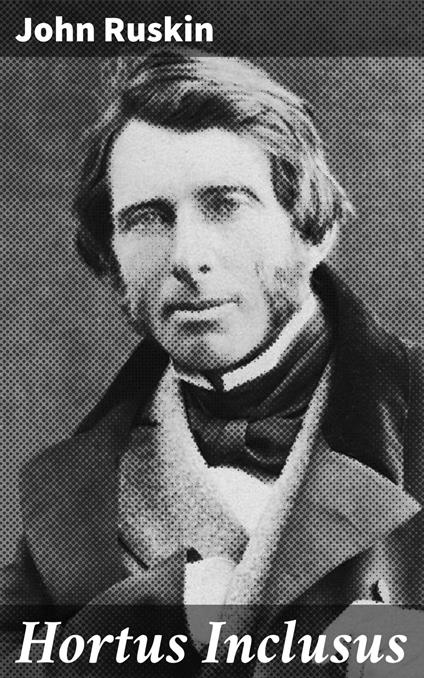Hortus Inclusus
In "Hortus Inclusus," John Ruskin explores the intricate relationship between nature and human creativity, delving into the aesthetics of the garden as a reflection of the soul. The text comprises a series of poetic essays that blend lyrical prose with vivid imagery, characteristic of Ruskin's literary style. He employs an array of rhetorical devices, weaving together art, philosophy, and horticulture, to argue for the restorative power of nature and the spiritual significance of cultivated spaces. Written during the Victorian era, a time marked by rapid industrialization, Ruskin'Äôs work serves as both a critique of urbanization and a celebration of the natural world, urging readers to recognize the importance of preserving beauty in daily life. John Ruskin, a pivotal figure in the Victorian art and social critique movements, was deeply influenced by his early exposure to the beauty of nature, particularly during his childhood in the English countryside. His education in art history and his commitment to social reform fueled his belief that both art and the environment profoundly shape human character. "Hortus Inclusus" emerges as a culmination of these ideals, showcasing Ruskin'Äôs profound strive for environmental appreciation and aesthetic enlightenment. This eloquent work is highly recommended for readers interested in the intersection of art and nature, as well as those seeking to understand the historical context of ecological thought. Ruskin'Äôs insights into beauty, spirituality, and moral integrity make "Hortus Inclusus" not only a reflective read but also a timely reminder of our connection to the natural world.
-
Autore:
-
Anno edizione:2019
-
Editore:
-
Formato:
-
Lingua:Inglese
Formato:
Gli eBook venduti da Feltrinelli.it sono in formato ePub e possono essere protetti da Adobe DRM. In caso di download di un file protetto da DRM si otterrà un file in formato .acs, (Adobe Content Server Message), che dovrà essere aperto tramite Adobe Digital Editions e autorizzato tramite un account Adobe, prima di poter essere letto su pc o trasferito su dispositivi compatibili.
Cloud:
Gli eBook venduti da Feltrinelli.it sono sincronizzati automaticamente su tutti i client di lettura Kobo successivamente all’acquisto. Grazie al Cloud Kobo i progressi di lettura, le note, le evidenziazioni vengono salvati e sincronizzati automaticamente su tutti i dispositivi e le APP di lettura Kobo utilizzati per la lettura.
Clicca qui per sapere come scaricare gli ebook utilizzando un pc con sistema operativo Windows




